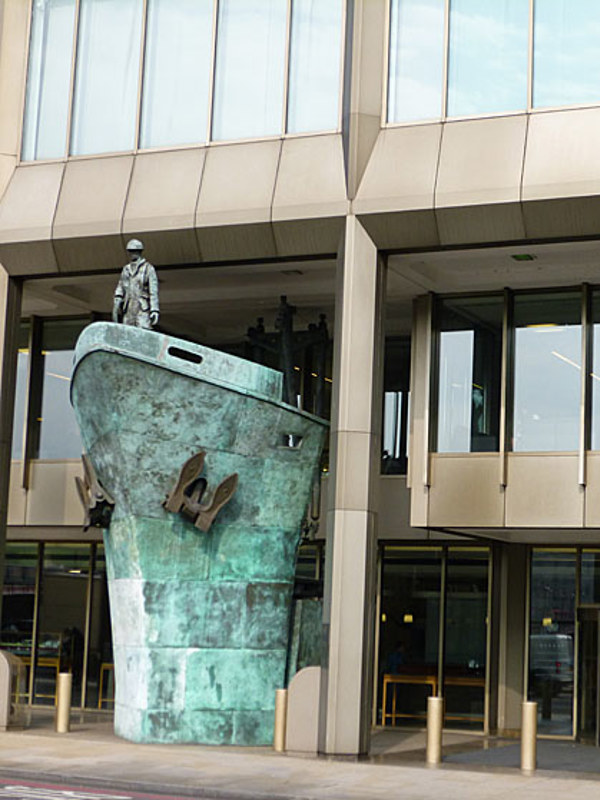Interview
Meet Roel Hoenders, Head of Climate Action and Clean Air at the International Maritime Organization (IMO)

How did you get started in shipping?
My very first job in shipping was during university, working as a bar tender on a party boat in Rotterdam, a fun job! My first professional job was as policy advisor for sustainability and safety in the European Seaports Organization (ESPO). I’ve been in my current role at the IMO since February 2020.
What does your current job involve?
My team is mostly focused on supporting the regulatory discussions on the reduction of air pollution and greenhouse gas emissions in IMO’s Marine Environment Protection Committee (MEPC) and Intersessional Working Group on reduction of Greenhouse Gas emissions (ISWG-GHG). We revise all meetings documents submitted by Member States and observer organisations; prepare meeting briefs for the Chair; the meeting reports; but also assist member States in identifying possible consensus solutions. Besides that I also support countries with the ratification and implementation of MARPOL Annex VI provisions through projects and in-country support. My team is also responsible for tasks such as the analysis of the annual fuel consumption reported by ships and monitoring their energy efficiency, and the IMO GHG studies.
I also regularly represent IMO at international UN conferences, such as the climate COPS. Last year’s adoption of the 2023 IMO Greenhouse Gas Strategy setting out a net-zero target was definitely a high that we collectively worked on very hard and which changed the course of shipping.
What do you like about your job?
The diversity. On the same day I can look into the importance of shipping for ensuring food security; how to reduce the impacts of shipping on the melting of Arctic ice from Black Carbon emissions, the effectiveness of catalyst NOx reduction efficiency, or how we can promote the availability and use of renewable fuels such as hydrogen, ammonia and methanol to reduce the climate impacts of shipping.
On any given day, I may meet with Ministers or even Heads of States, and the same day also meet with seafarers or university students. The diversity of people I deal with on a daily basis makes a difference, and it’s those people that also remind you of the importance of shipping in everyone’s life and for the global economy.

